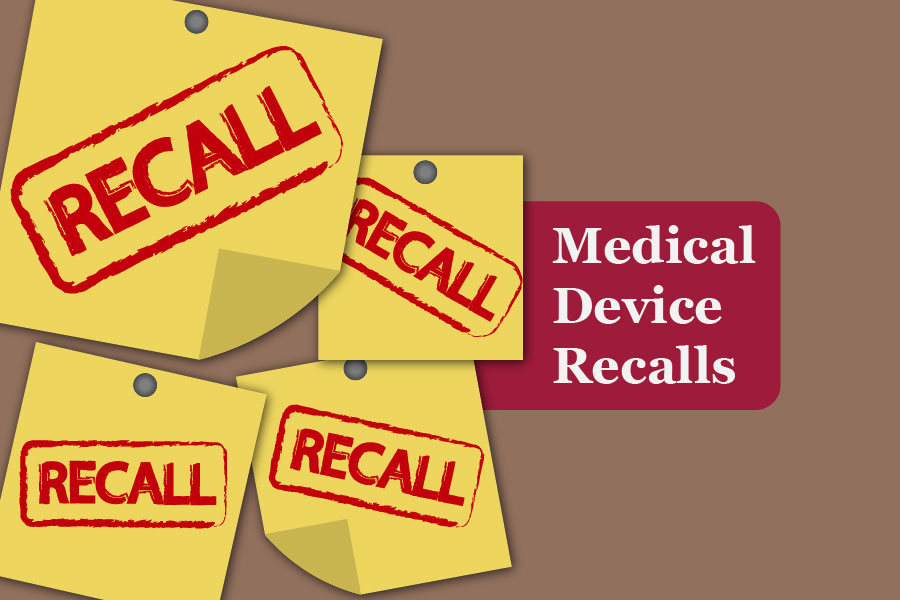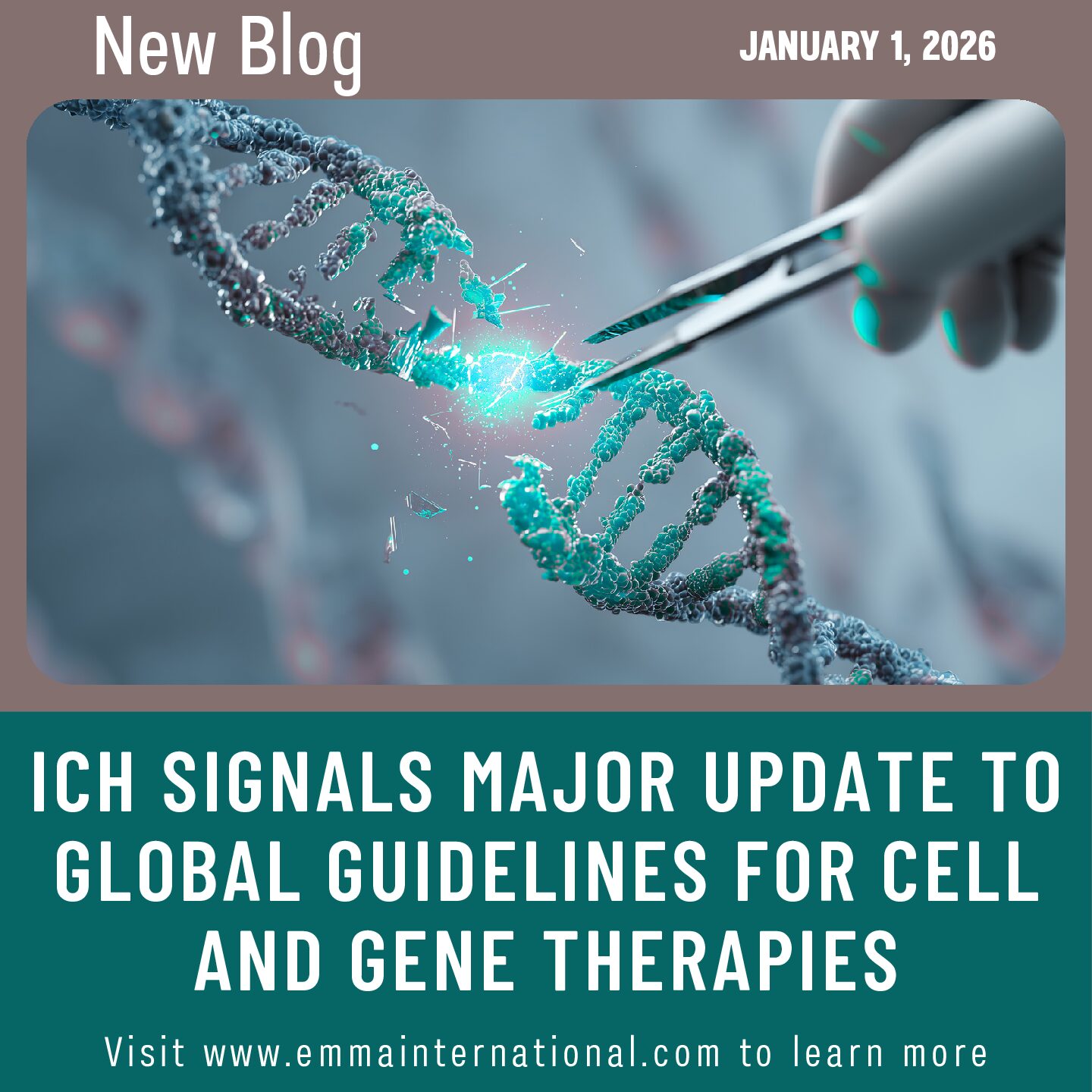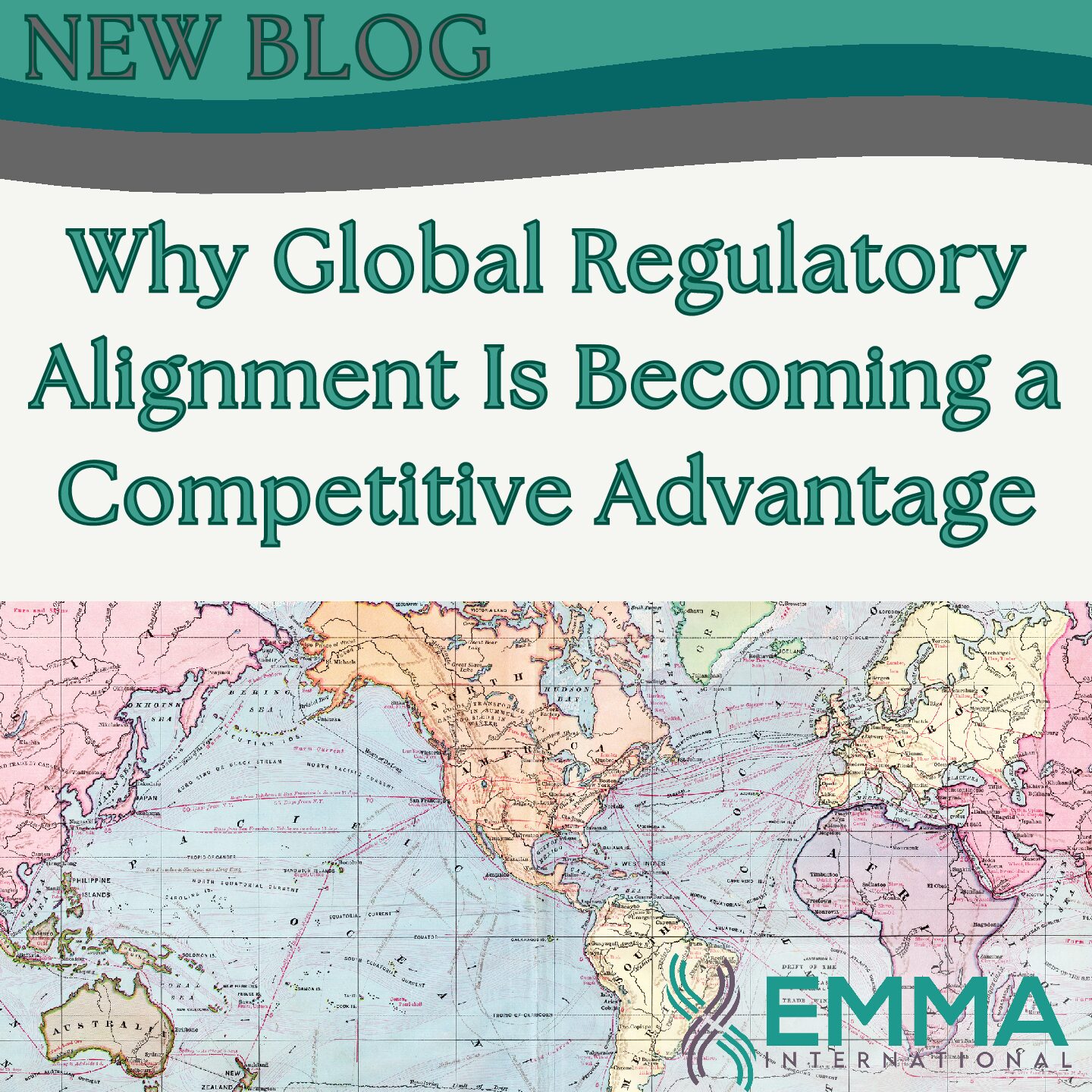The COVID-19 pandemic has forced some of the most drastic loosening of regulatory requirements the FDA has ever done. Relaxed regulations allow quick access to critical medical devices necessary to fight the pandemic, but what will happen to the medical device industry when the regulations go back to “normal”? Many industry experts are questioning if the return to strict regulations will drive a spike in recalls industry wide.
The two forms of recall actions are correction and removal: a correction addresses the problem with a device where it is used or sold, while a removal addresses a problem by removing the device. The FDA uses the term “recall” when a manufacturer takes any action to address a problem with a device. A common misconception is that a medical device recall means that you must stop using the product; a recall can sometimes simply mean that a device needs to be checked or adjusted. For example, if a hip implant has been recalled, it does not necessarily mean the device needs to be explanted from patients. It may mean that doctors will have to contact patients to discuss any adjustments or implement monitoring practices in the event of device failures. Typically, manufacturers recall medical devices on their own, also known as voluntary recalls. The FDA has the legal authority to require a company to recall a device; however, the agency has rarely had to do this.1
When the FDA is notified of a correction or removal action (i.e. recall), it first assesses the health hazard presented and then determines if the problem violates the law or FDA requirements. The agency will then assign a recall classification to indicate the relative degree of risk; recalls are categorized as Class I-III, with Class I being the most serious and Class III being the least likely to cause any health problem or injury. Once classified, the FDA will monitor the recall to ensure its effectiveness and will terminate it only when the agency is assured the product no longer violates the law and is not a health hazard. The agency notifies the public by posting information on its Medical Device Recall Database.2
As regulations are relaxed and temporary policies are put in place to allow for quick manufacturing of medical devices for COVID-19, the concern is that once the pandemic policies are terminated, there may be a large number of recalls for devices that do not meet the “normal” strict regulations. If you have questions about handling a medical device recall or are not sure what to do once the pandemic policies are lifted, EMMA International can help! Give us a call at 248-987-4497 or email info@emmainternational.com to get in touch with our team of experts.
1FDA (September 2018) What is a Medical Device Recall retrieved on 06/21/2020 from: https://www.fda.gov/medical-devices/medical-device-recalls/what-medical-device-recall#:~:text=Class%20I%3A%20A%20situation%20where,serious%20health%20problems%20or%20death.
2FDA (n.d.) Medical Device Recalls database retrieved on 06/21/2020 from: https://www.accessdata.fda.gov/scripts/cdrh/cfdocs/cfres/res.cfm






